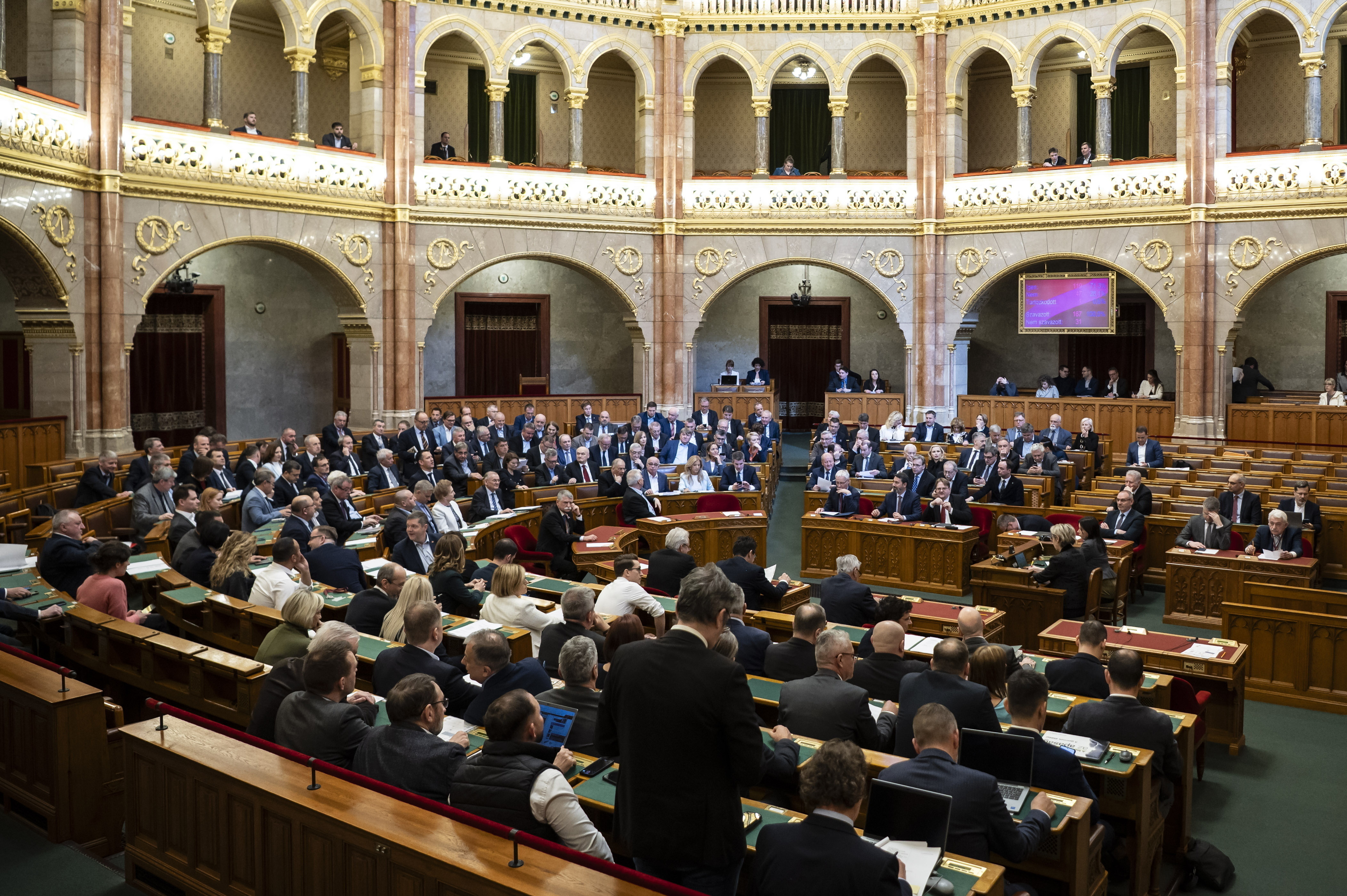Hungary's government is planning a law that would prevent protesters blocking bridges in order to defend the rights of those not protesting, Prime Minister Viktor Orban said.
Bridges, particularly in the capital Budapest, which is divided by the Danube river, have become a focal point of anti-government protests over the past years, as demonstrators seek to press their demands.
On Tuesday, thousands of people demonstrated on Elisabeth Bridge in the city as they again protested against a law that aims to ban the annual Pride march by LGBTQ+ groups, and which is seen by critics as part of a wider crackdown on democratic freedoms ahead of a 2026 parliamentary election.
Orban, who faces a strong challenge from a surging opposition party ahead of the vote, has criticised the LGBTQ+ community and pledged to curb foreign funding of independent media and non-governmental organisations in Hungary.
"Freedom of assembly is important ... but it is not normal that in the meantime thousands or tens of thousands are stuck in a traffic jam," Orban said in an interview on state radio.

Orban, in power since 2010, said the new law was needed to prevent bridge blockades as currently a court decision allowed them to take place.
"Judges apply the law passed by the government ... We can do one thing, we can change the law in order to prevent the blockage of several bridges based on court decisions," said Orban, who promotes a Christian-conservative agenda.
Parliament, dominated by Orban's Fidesz party, passed a law last month to ban the Pride march on the grounds that it could be harmful to children. Festival organisers say it poses no threat to children and plan to hold the event despite the ban.
Previously, Orban has said the fact that rallies such as the one on Tuesday can take place means there is no threat to democracy in the country, calling opposition protests against the Pride ban a "provocation".















